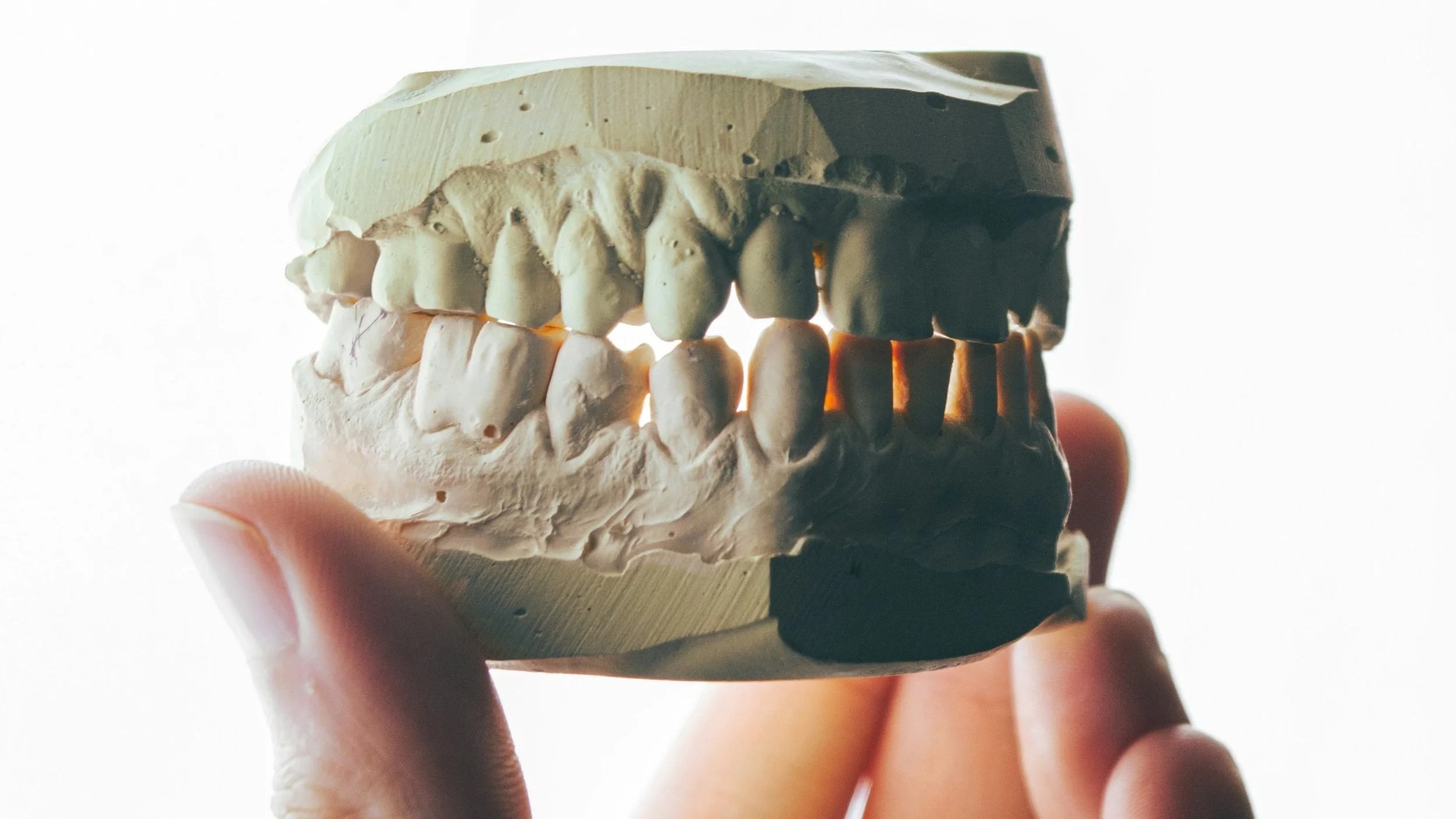TMJ: Treating Jaw Pain
What is TMJ?
TMJ addresses the temporomandibular (tem-puh-roe-man-DIB-u-lur) joint, which acts like a sliding hinge, connecting the jawbone to the skull. It is one of the joints found on each side of your jaw. When the TMJ is affected, it leads to a TMD (temporomandibular disorder) — TMD can cause pain in the jaw joint and in the muscles that control jaw movement.
What Causes TMJ?
The specific cause of a person's TMJ disorder is, most times, too difficult to determine. The pain could be due to a combination of factors, such as;
Genetics
Diet
Arthritis
Jaw injury
What are Signs and Symptoms of TMJ:
These common signs and symptoms of TMJ listed below, include most, but not all of the pain that can be experienced by a person suffering with TMJ;
Grinding of the teeth- while the patient is asleep or awake
Clenching of the jaw
Spontaneous headaches
Difficulty while chewing
Locked jaw- making it difficult to open or close the mouth
Disrupted sleep
Pain or tenderness in the jaw
Facial aching
Aching pain in or around the ear
How Does Someone Get TMJ/TMD Pain?
For some people, clenching and grinding of the teeth, is common in their day-to-day life. This is referred to as bruxism; meaning they have developed the habit of clenching, gnashing or grinding their teeth and jaw. However, they may never develop a TMD. It is specific to certain people. The reasoning why someone may develop a TMJ disorder is unknown as to why others do not.
What is Treatment Like?
As TMDs are different in every case, based off the specific patient- each treatment is also the same. Different and specific to the patient. There are various methods that can be used to treat TMD. Dr. Jamie Haroldson says that, “Each case is different, therefore, each treatment is different. There is no common treatment for TMDs.”
For most cases, the pain and discomfort associated with TMJ disorders is temporary and can be relieved with self-managed care or nonsurgical treatments. Surgery is normally a very last resort after conservative measures have failed, though some people with TMJ disorders may benefit from surgical treatments.
What is the Process Like?
Once, you feel you present symptoms of having a TMJ disorder, the next step suggestion, would be to contact Dr. Jamie Haroldson for an initial consult. During the consult, you and Dr. Jamie Haroldson can determine the severity of your condition, and he will gather the proper information needed to form a treatment plan specific to your needs.
Book today, feel better tomorrow!






